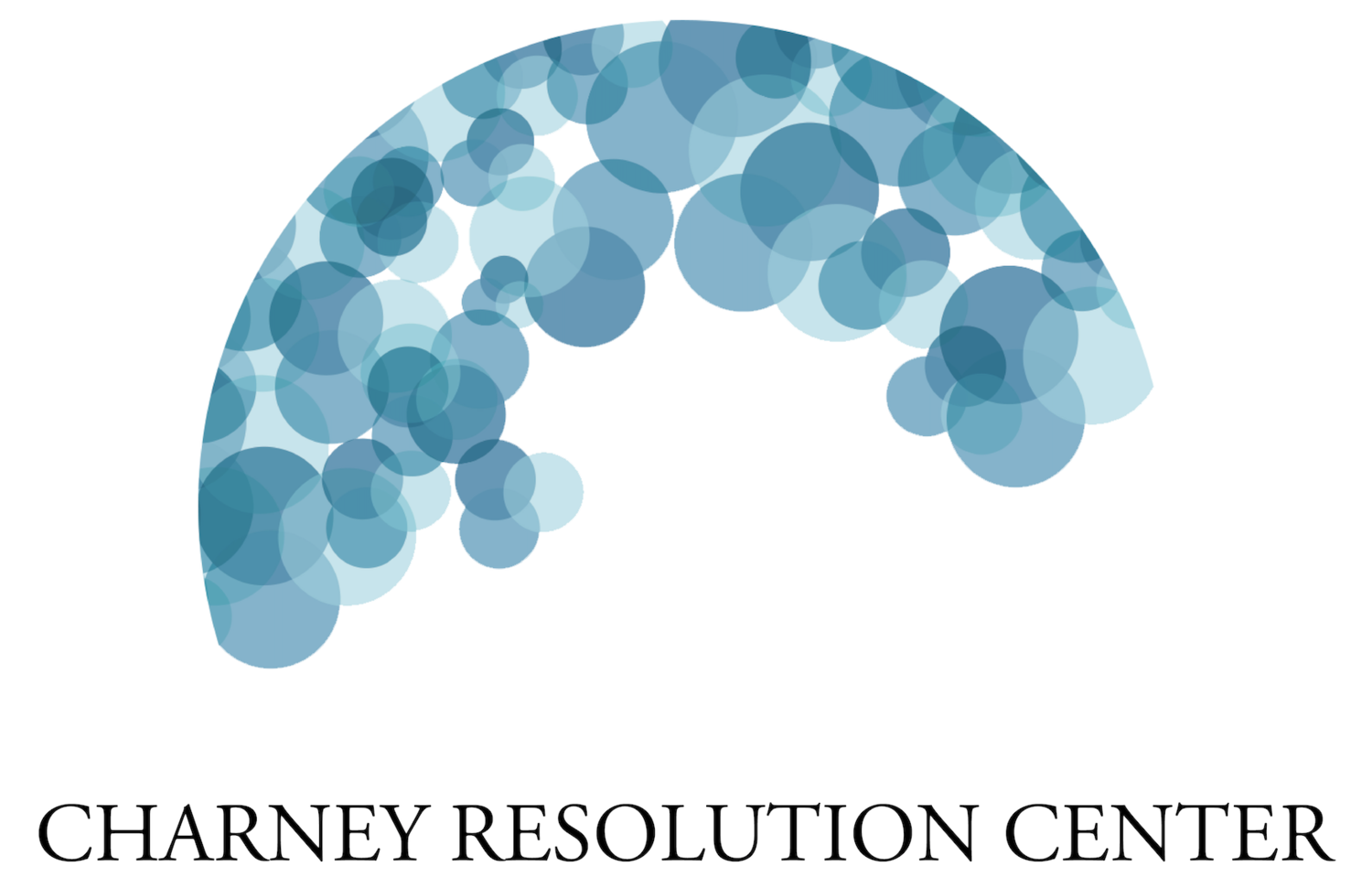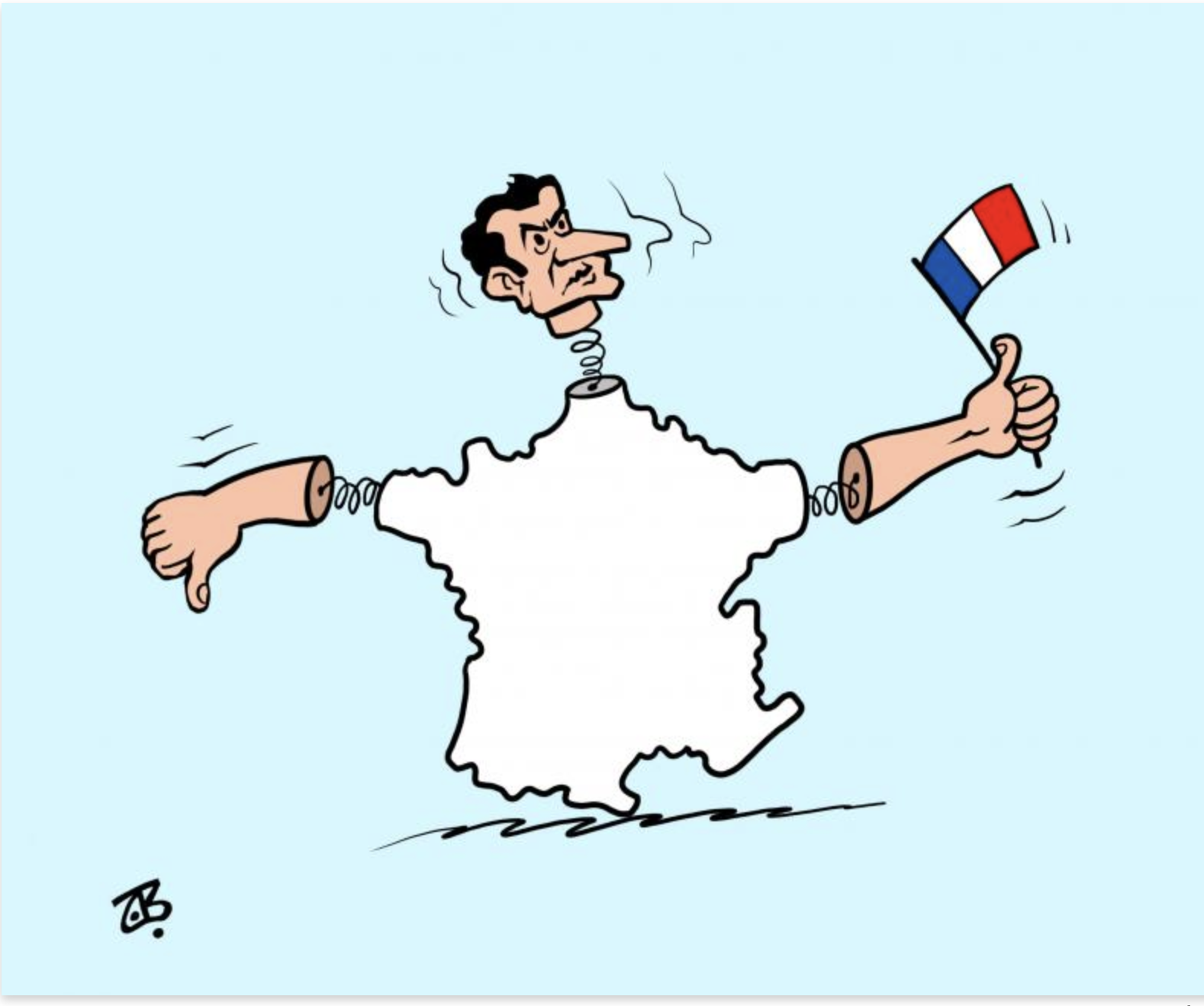It is not a secret that Israel has been moving rightward on the political spectrum for the past twenty years. This political trend has not plagued only this small country in the Middle East, but caught up to Europe and the US as well. The rise of right wing parties to power - from Giorgia Meloni’s neo fascist ideologies in Italy to Donald Trump’s republican mindset - has not escaped France.
Back in June Emmanuel Macron’s (the French president) party was blatantly defeated in the elections for the European Parliament. In response, Macron announced the dissolvement of the National Assembly and called for flash legislative elections - “I've decided to give you back the choice of our parliamentary future through the vote. I am therefore dissolving the National Assembly."
On the surface it seemed like France was following the footsteps of the Western world and put in power the right nationalist - Marine Le Pen’s National Rally. However, in an unexpected turn of events, neither the Center nor the Right finished on top. Rather, the New Popular Front - a coalition of left wing parties - triumphed and became the dominant party with 190 lawmakers. And the surprises did not stop there, the second spot conquered Macron’s Center with 150 seats. The National Rally came in third with 142 seats, losing profoundly to the left and center in France.
What one might find interesting regarding these elections is the drastic shift in the country that transformed its political landscape in mere two years. Back in 2022, Macron’s party dominated the French parliament with 245 seats while the left held 131 seats and Le Pen held only 89 seats. In two years, the center lost favour to the extreme right and left in the country as both parties grew in popularity. Assuming from the recent elections that the right nationalists are not a threat to France’s political future is a naive one. When confronted with the support Le Pen has gained in only two years, the data clearly shows that her supporters have doubled in a very short period of time.
For now, France’s leadership is mostly Center and Left representatives, but the recent elections point towards a dangerous future and a more polarised country. Moreover, it seems that now France’s parliament is headed towards paralysis, with no clear cut leader and three conflicting parties.
Many of us, including myself, have probably asked how that might affect Jewish, Israelis, Palestinians and Muslims in France. These past couple of months proved to be challenging with the rise of antisemitism, Islamophobia and Xenophobia in the country. The slow but steady decline of the Center and the Left, combined with the strengthening of the Right might create a future where any sort of “other” will not be welcomed in France by law or by the people themselves.
In many ways Israel might have something to learn from the political strategies France, and England as well, have implemented in their electoral arrangement. Israel’s 2022 elections showed how misallocation of votes and poor planning by the left and center let Netanyahu sweep another win. The Haavoda party and Meretz party, both are Israel’s flagship left wing parties, refused to unite forces which ended with them not passing the minimum bar set in Israel for a party to claim its seats in the Knesset. It is true that Israel, like many other countries, has been leaning more and more to the right. However, other nations have adapted to the new political landscape by making crucial alliances to keep the right out of office. In Israel, I cannot escape the feeling that each party wants to eat the cake and leave it whole; and by that destroying the chances of pushing the right wing out of the coalition.
Meretz and Haavoda did announce a merger in June to become one party called “The Democrats”. And I wonder, is this too little too late.






